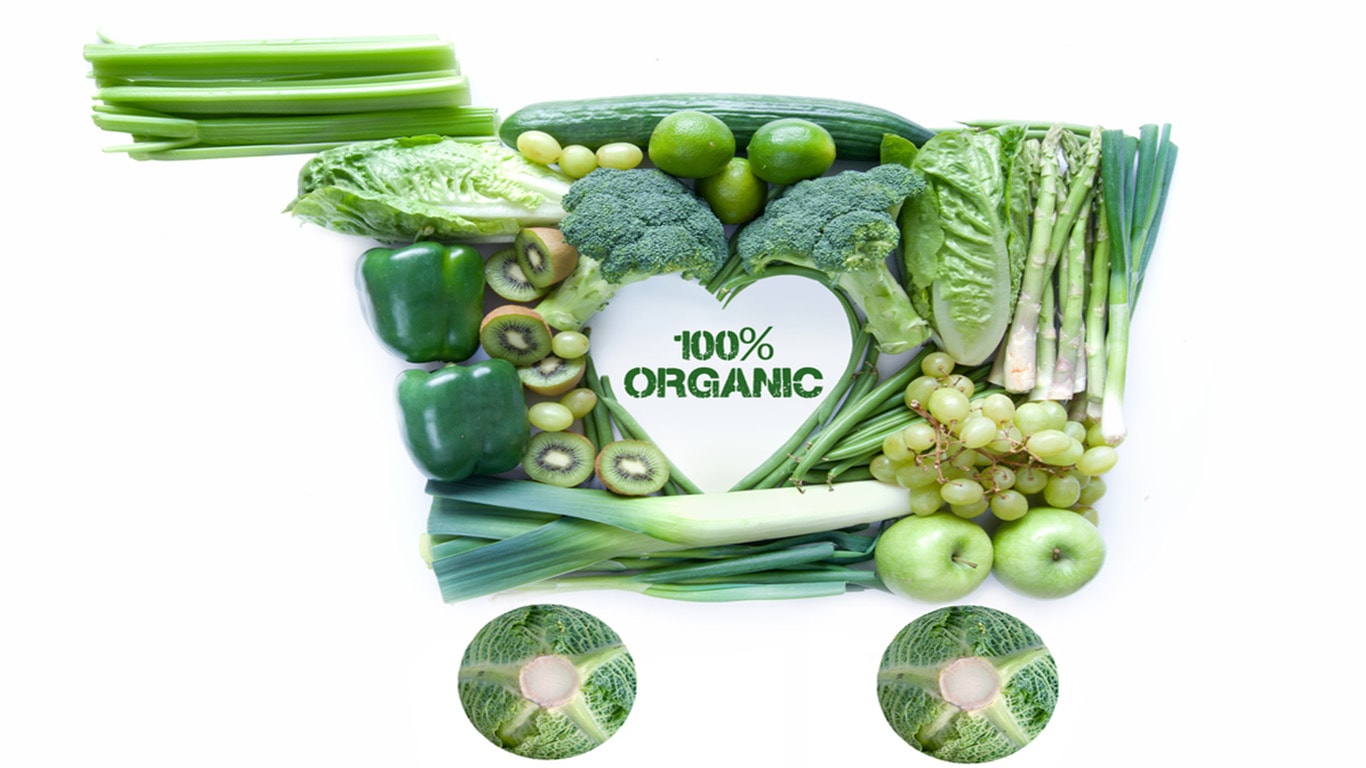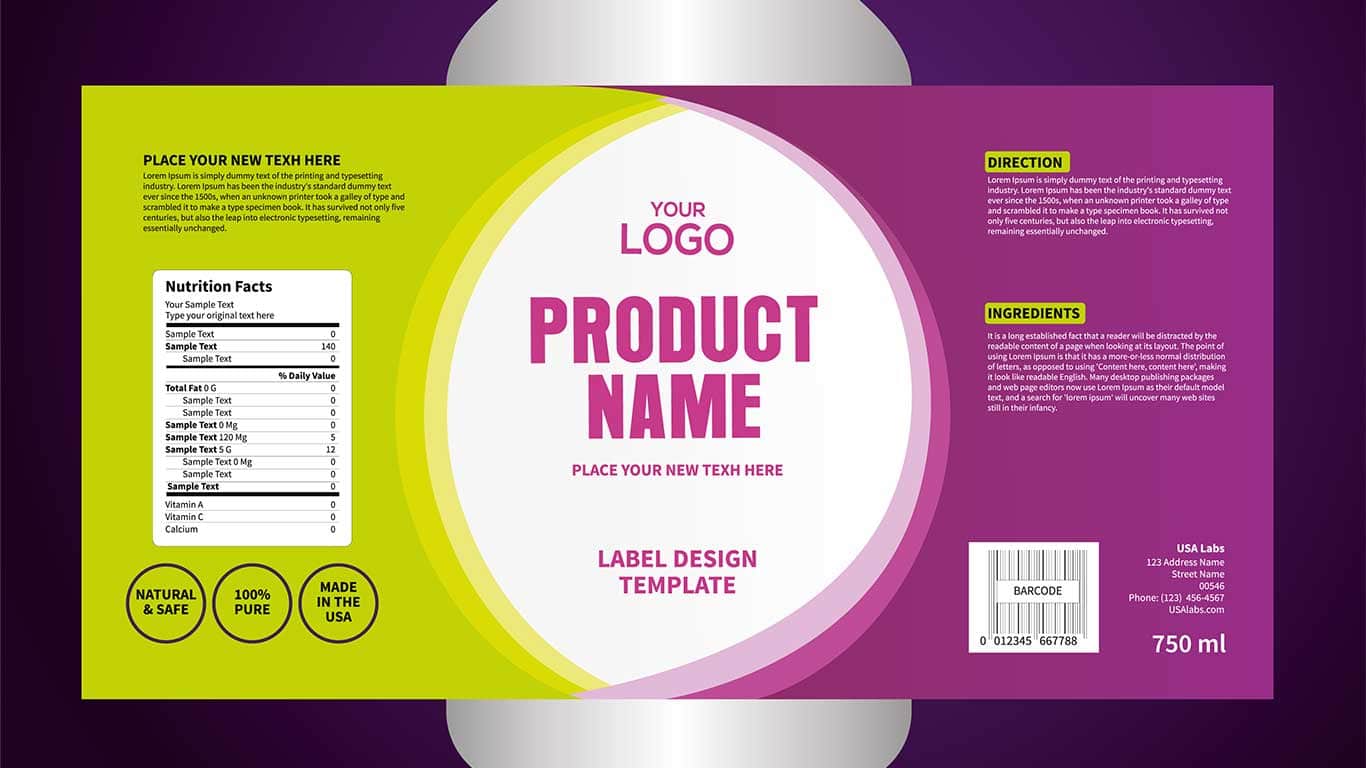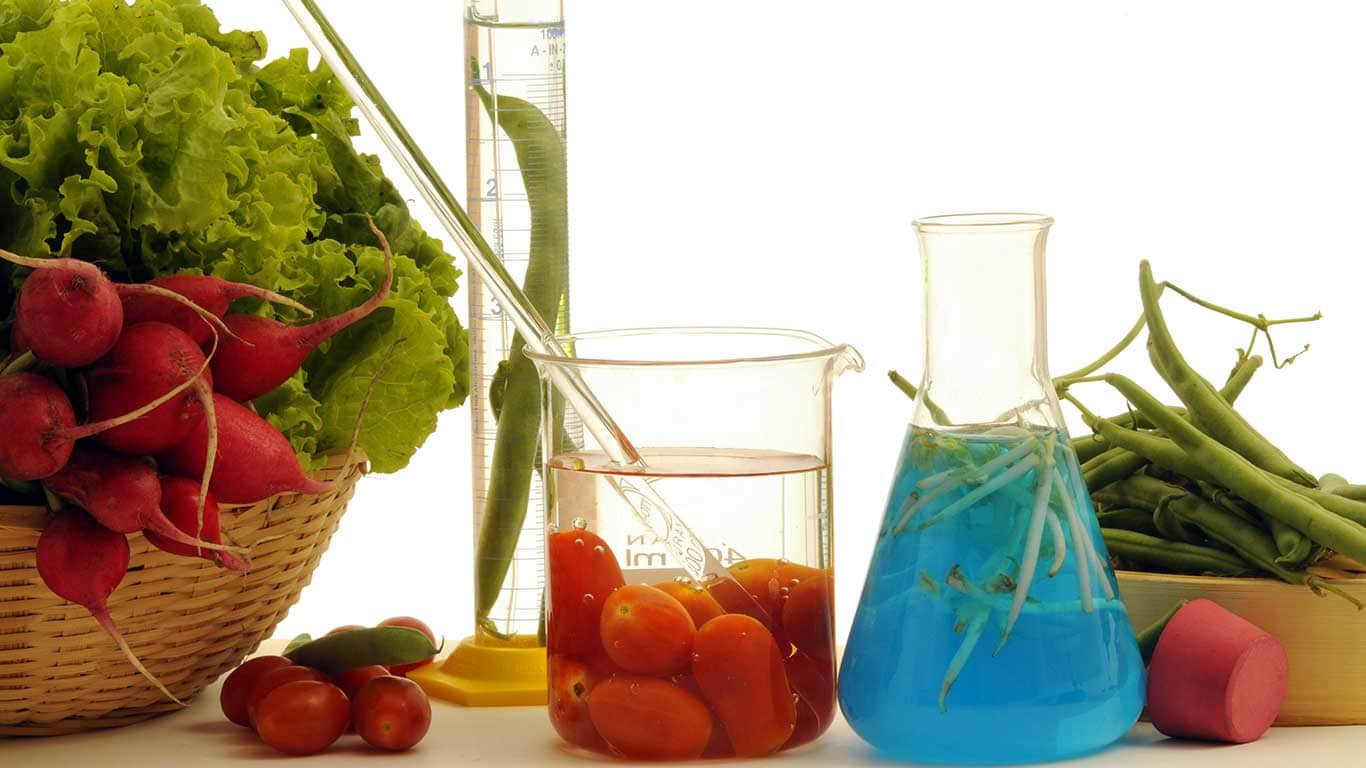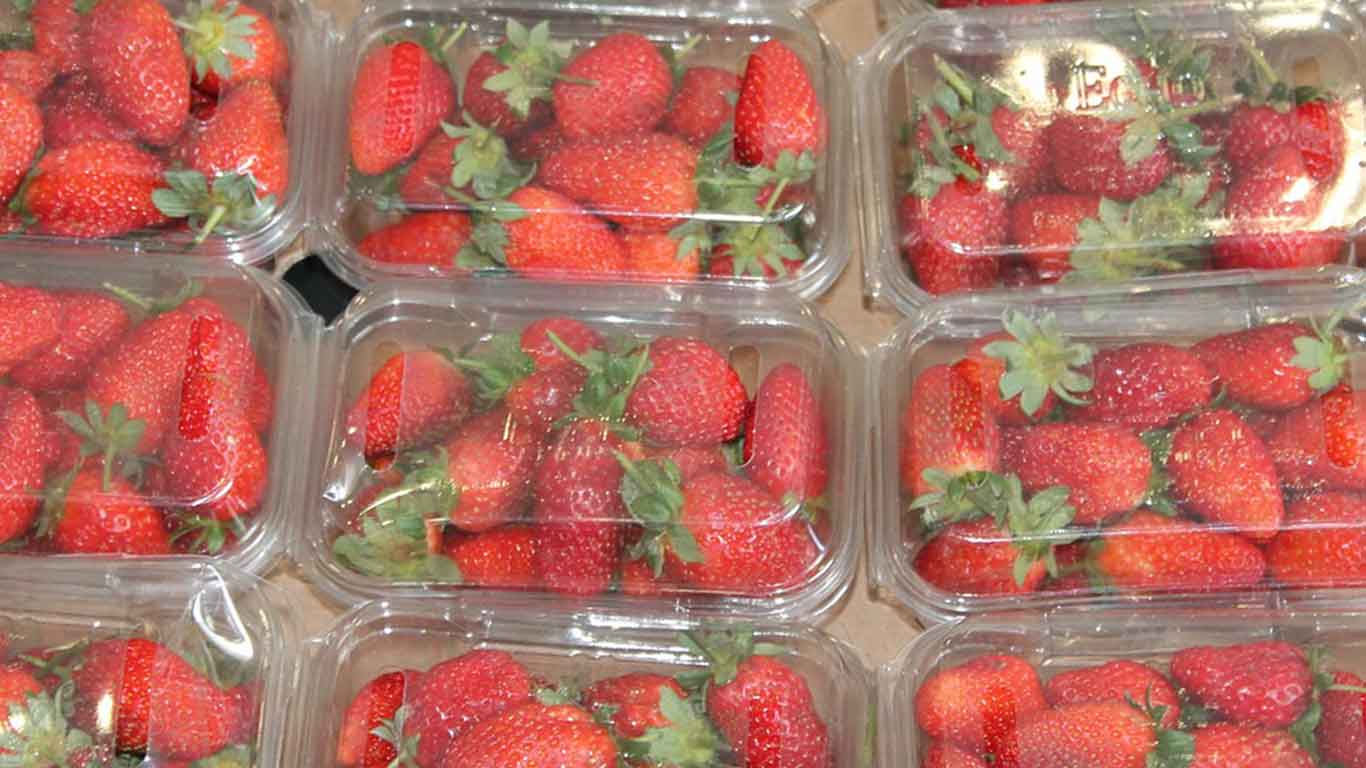The most current trend for consumers is organic products, because they represent clean, sustainably produced foods.
Demand for organic products among shoppers continues to climb, in fact, U.S. organic sales reached a milestone $49B in 2018 – an increase of 6.4 percent from the previous year, signaling the fact that this particular trend is here to stay.
Free Whitepaper
Product Lifecycle Management: Learn how to drive innovation, reduce costs and risks and eventually gain a competitive advantage.
The preference for organic products is part of a larger expectation among consumers who are increasingly health conscious. Many shoppers will not purchase food without access to comprehensive, accurate product information. They demand to know if antibiotics or hormones were fed to their poultry, beef or pork – and if the production process was ecofriendly and mindful of carbon emissions.
Food and beverage manufacturers must find a permanent solution to broader food transparency expectations. The most trustworthy and innovation solution lies in data – using product lifecycle management and master data process solutions.
Track-and-trace transparency
A recent study found that today’s consumers prefer clean foods – no chemicals, preservatives, artificial flavoring, pesticides or additives. This may seem obvious, but products that can assure consumers of their organic status have a distinct competitive edge over the competition.
But most savvy shoppers no longer trust advertising and will not simply accept branding as truth – if a manufacturer’s environmental practices are not plainly stated on the product label, consumers factor the lack of comprehensive information into their purchasing decisions and buying habits.
Innovative, end-to-end PLM process solutions not only help manufacturers deliver more transparency into product aspects like organic and antibiotic-free, but the technology also allows recipe-based food and beverage manufacturers to shore up their sustainability practices throughout the entire manufacturing and production process. Manufacturers armed with innovative PLM technology can leverage and employ data as a strategic, valuable asset.
Full traceability and comprehensive transparency are a top loyalty driver among shoppers. But equally important, PLM technology ensures manufacturers put their best products forward with packaging and labels that speak to the sensibilities of modern shoppers – like organic interests.
Sustainable growth
Innovative PLM solutions set food and beverage manufacturers up for success and ensure they can easily adapt to – and benefit from – evolving consumer expectations by introducing products to market quickly, safely and sustainably.
But the reality is that F&B producers must modify their product labels to better reflect the information shoppers want, such as organic certifications. Engineering comprehensive, effective product labels is nearly impossible for manufacturers that still rely on manual, pen-and-paper strategies or even digital spreadsheets.
Conversely, PLM systems empower manufacturers to make quick changes to their product labels and satisfy the demand for more product information. Full transparency and traceability allow recipe-based food and beverage manufacturers to communicate their non-GMO, hormone-free, sustainable and eco-friendly practices with every product label, bringing this information front and center.
Value-added PLM
Innovative, end-to-end PLM process solutions not only help manufacturers deliver more transparency into product aspects like organic and antibiotic-free, but the technology also allows formula-based F&B producers to shore up their sustainability practices throughout the entire manufacturing process.
Consider a few of the improvements that PLM process solutions deliver:
- Identify manufacturing practices for environmental improvement: A common misconception is that the worst environmental impacts are transportation related. This is simply not true. Industry leaders and successful manufacturers must consider the negative environmental impact their plant practices produce, such as energy emissions.
- Increase ROI for product lines: When an innovative PLM process solution is in place, manufacturers enhance their production efforts with the tools required to capture ecofriendly status from day one. Technology allows everyone along the supply chain to track and adjust materials, which avoids complications in product labels as manufacturers take on new standards or recipes. End-to-end PLM process solutions and technological tools can also help manufacturers make quick improvements. PLM technologies gather data about a manufacturer’s current roster of products and deliver insights that will improve recipes. This is especially helpful as brands introduce more organic ingredients to existing recipes.
Full traceability and comprehensive transparency are a top loyalty driver among shoppers. But equally important, PLM technology ensures manufacturers put their best products forward with packaging and labels that speak to the sensibilities of modern shoppers – like organic interests.
Innovative PLM solutions set food and beverage manufacturers up for success and ensure they can easily adapt to – and benefit from – evolving consumer expectations by introducing products to market quickly, safely and sustainably.




